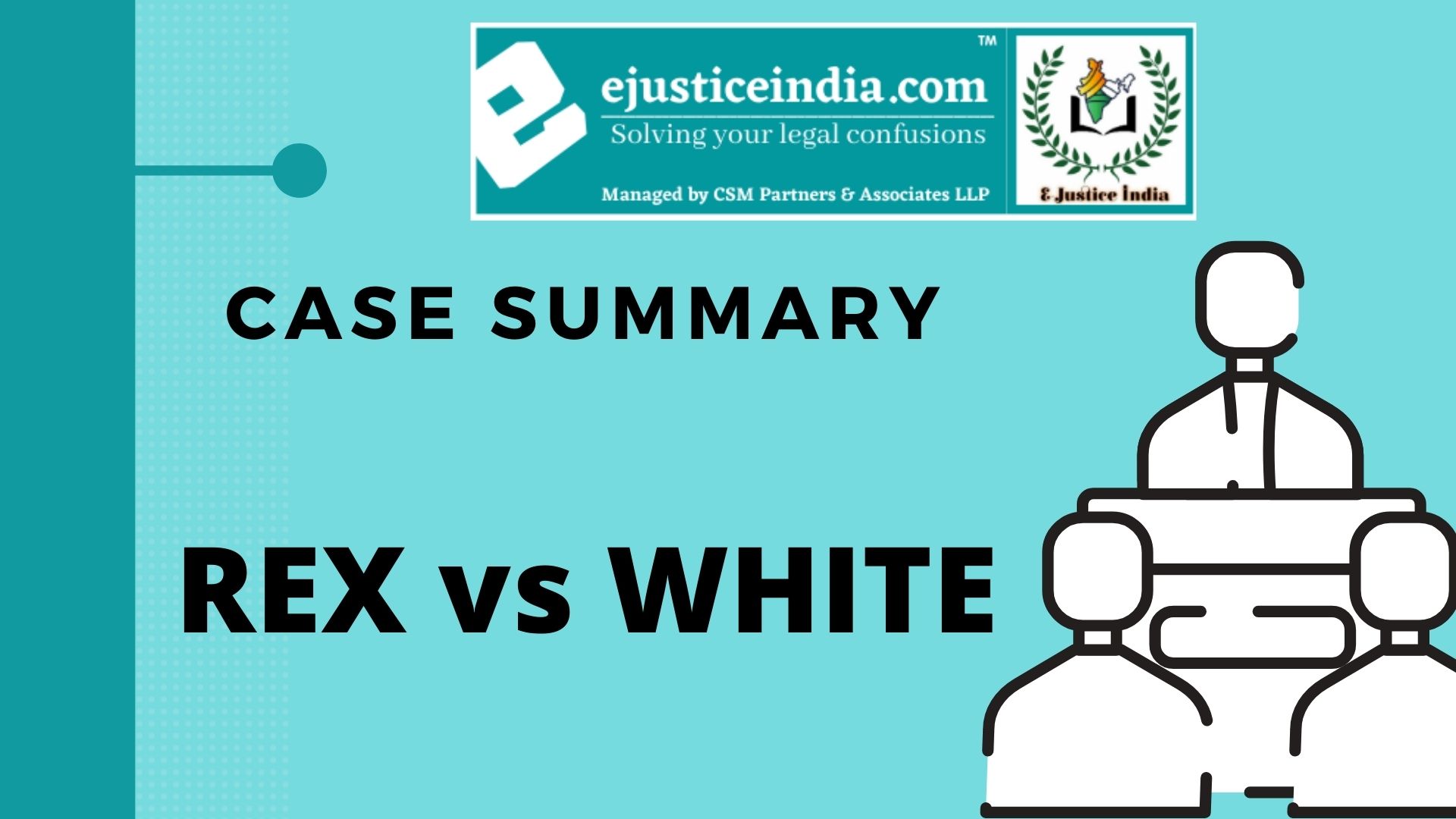Case Summary : AGA ALI KHAN VS ALTAF HASAN KHAN
AGA ALI KHAN VS ALTAF HASAN KHAN
Author : AKASH KRISHNAN
Citation: First Appeal No.85 of 1888
Bench: Sir John Edge; Mahmood; Knox, JJ; K.t., C.J
Introduction
Under Islamic Law, a property which is inalienable and whose profits go into charity or are used for the purpose of charity is called Waqf. It is held in the form of a trust and used for charitable or religious purposes s the case may be. It may include land, building or any other asset which can be used for the welfare of the society i.e. for charitable purposes and the same cannot be claimed back. It is a one-time donation out of free will to a charitable trust.
A will is a nothing but an object of declaration made by a person relating to the distribution of his assets or any other work which may occur after his death. It takes effect after the death of the testator and is generally revocable. It is necessary that a will shall not be used to or used for causing injury to the heirs of the testator.
The present case of AGA ALI KHAN VS ALTAF HASAN KHAN deals with distribution of property between the children of the testator, which is in the nature of waqf, after the death of the testator.
FACTS
The Father of the deceased executed 3 documents. The first one was of the nature of a Waqf deed wherein he gave 2 villages for the purpose of religious charity under the administration of one Mr. Mauza and his legal heirs. The second document was of the nature of a gift deed wherein he gave certain portions of his estate to his son-in-law. The third was a will wherein he gave all his remaining property ot his only daughter, the deceased in this present scenario.
After getting possession of the property via the will she did not allow any portion of it to be used as Waqf. A suit was initiated for this purpose by the Administrator, wherein the court held that since after the execution of the Waqf deed, there was no handing over of the possession of the said property, the Waqf deed has no effect and is void ab-initio.
The deceased in her own will stated that four anna share of the property shall go to her son in law and daughter each and the remaining 8 anna share shall vest in her son. Then she went on to lease the property in the share of her brother to her daughter’s son for a period of 25 years, a property she was not in possession of. Thus, a suit was filed by her brother against her and post her death, her legal heirs were added as defendants. The suit was filed with the prayer for cancellation of lease deed, eviction of the defendants and handing over of the possession of the property. Also, the validity of the existence of property even after the Waqf deed was in question again.
ISSUES
- Whether non delivery of possession of the property invalidate waqf deed?
- Legality of the lease deed and possession of the rest of the property
JUDGEMENT
Under the Muslim law, Waqf is a transaction falling under the category of a contract. Its immediate application and completion of the transaction is one of the fundamentals of Waqf and it is necessary that delivery of possession of the Waqf property happens as soon as the contract is entered into either by the owner himself or by a person appointed by him on that behalf. Thus, the property in question is not the property of Waqf as the essential conditions were not satisfied.
The lease deed purported by the deceased, is of a property that she was not entitled to. Thus the lease deed is invalid and void and the possession shall revert back to the original owners.



Like!! Really appreciate you sharing this blog post.Really thank you! Keep writing.